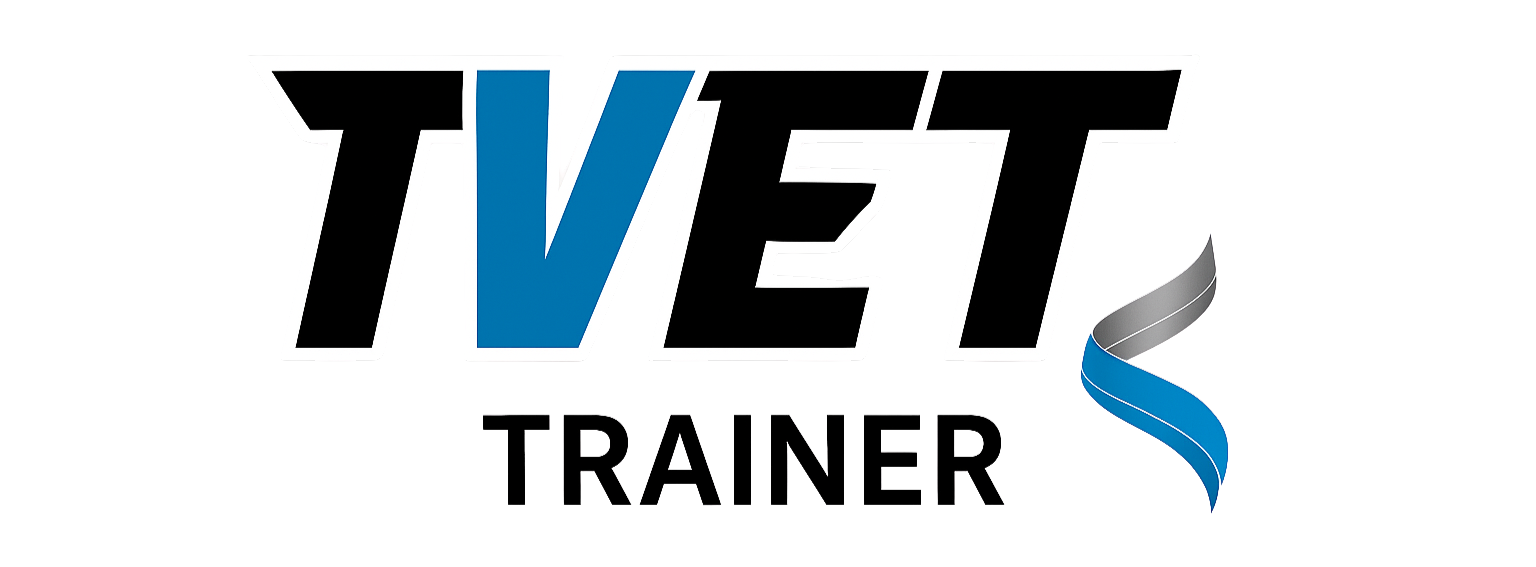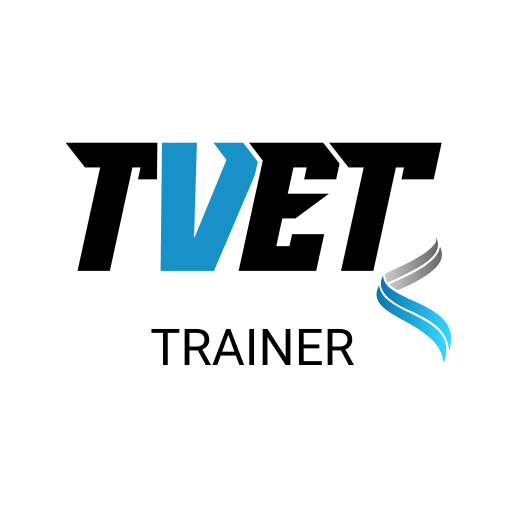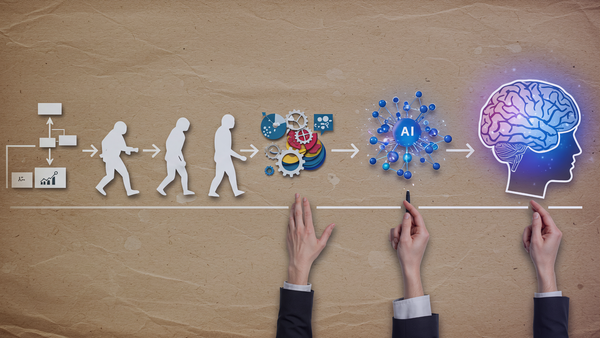Artificial Intelligence (AI) is transforming various aspects of education, with assessment and feedback being at the forefront of this revolution. AI in education refers to the application of machine learning algorithms, natural language processing, and other intelligent systems to enhance teaching and learning processes. As assessment and feedback play important roles in student learning and development, the integration of AI in these areas has the potential to significantly impact educational outcomes.
Assessment is a vital tool for measuring student progress, identifying areas for improvement, and guiding instructional strategies. Conversely, feedback provides students with valuable insights into their performance, helping them understand their strengths and weaknesses. Assessment and feedback form a critical loop in the learning process, enabling continuous improvement and personalised learning experiences.
AI is reshaping assessment in education by moving beyond traditional pen-and-paper tests to dynamic, intelligent systems. In TVET contexts, where practical skills are paramount, these tools ensure evaluations reflect real workplace scenarios.
Automated grading systems are at the forefront. Using NLP and machine learning, they evaluate everything from multiple-choice quizzes to complex essays or technical reports. For instance, in STEM fields, AI can assess mathematical proofs or simulate engineering designs, providing consistent scoring without human fatigue. Tools like Microsoft's Reading Progress in Teams analyse reading speed and pronunciation in real-time, ideal for language components in vocational training.
Subject-specific AI tools cater to diverse disciplines. In TVET, this means evaluating hands-on tasks, such as coding in IT courses or welding techniques via simulation software. Generative AI, as highlighted in 2025 trends, integrates into learning management systems (LMS) for adaptive assessments that adjust difficulty based on learner responses. Adaptive testing, a standout innovation, tailors questions to the student's ability, offering a precise measure of competence—perfect for modular TVET curricula.
Real-time analytics further empower trainers. AI dashboards provide instant insights into class performance, spotting trends like common errors in electrical wiring simulations. This allows for immediate interventions, aligning with TVET's emphasis on practical mastery.
Feedback is the cornerstone of learning, and AI elevates it from generic comments to personalised guidance. In TVET, where iterative practice is key, AI ensures feedback loops are continuous and actionable.
Personalised feedback analyses individual data to highlight strengths and areas for improvement. For example, AI coaches in intelligent tutoring systems break down complex topics, offering tailored suggestions based on learning styles—visual aids for kinesthetic learners in mechanics or step-by-step breakdowns for analytical thinkers. A World Bank trial in Nigeria using Microsoft Copilot showed a 0.31 standard deviation improvement in assessments, demonstrating AI's impact on personalised paths.
Immediate feedback corrects misconceptions on the spot, unlike delayed traditional methods. AI-powered apps provide instant responses during simulations, reinforcing correct techniques in real-time—important for safety-critical fields like healthcare or construction.
AI also supports diverse learners through language translation and accessibility features, such as speech-to-text for those with disabilities. Continuous learning loops, enabled by AI, track progress over time, adapting curricula to individual needs and enabling lifelong skills in TVET students.
Benefits of AI in Assessment and Feedback for TVET
The advantages of AI extend to efficiency, fairness, and scalability, directly benefiting TVET trainers and learners.
Efficiency saves time: Automating grading frees trainers to focus on mentoring and curriculum design. A 2025 study notes educators reallocating 20-30% of their time to student support.
Consistency and fairness reduce biases, applying uniform criteria across assessments. This is vital in TVET, where objective evaluation of skills like machining precision ensures equity.
Data-driven insights from AI analyse cohorts, informing programme adjustments. For large TVET institutions, scalability handles high volumes, as seen in online vocational courses.
In inclusive education, AI's emotion recognition adapts content to student sentiments, enhancing engagement. Overall, 87% of educators believe AI revolutionises personalised experiences.
Challenges and Ethical Considerations in AI Adoption
Despite promises, AI integration poses challenges that TVET trainers must navigate.
Bias in algorithms can perpetuate inequalities if trained on skewed data. The U.S. Department of Education stresses human oversight to mitigate this, ensuring "humans in the loop" for fair assessments.
Data privacy is paramount, with student information at risk. Compliance with regulations like FERPA is essential.
Human oversight remains essential; AI augments, not replaces, trainers. Professional development is needed, as 41% of educators cite integration difficulties.
Student anxiety about AI assessment requires transparency. Additionally, challenges like deep fakes and fraud in AI-generated content demand robust policies.
Empowering TVET Trainers with AI
AI empowers rather than replaces educators. By automating routine tasks, it allows creative teaching—designing immersive simulations or facilitating peer reviews. Training programmes, such as those on AI tools, are vital for effective use.
Future Trends: Innovations on the Horizon
Looking ahead to 2025 and beyond, AI trends promise even greater impact. Advancements in NLP will refine feedback on written work, while AI-assisted peer assessments guide constructive critiques.
AI-driven curriculum adaptation will modify plans based on feedback, creating responsive TVET programmes. Hybrid models blending AI and human elements maximise benefits, with smart classrooms using AI proctoring for integrity. Generative AI companions, like those powered by GPT-4 Omni, will offer 24/7 support, transforming vocational learning.
Conclusion
AI is revolutionising assessment and feedback in education, offering TVET trainers tools for personalised, efficient learning. While benefits like scalability and insights are transformative, addressing challenges through ethics and training is key. As per the 2025 TeachBetter.ai report, embracing AI thoughtfully can close equity gaps and prepare learners for future industries. For resources, explore platforms like TVETtrainer.com for AI integration guides. Let's harness AI to empower the next generation of skilled professionals.
Frequently Asked Questions
How is AI used in student assessment and grading in TVET?
AI in TVET assessment employs automated systems for grading practical tasks, adaptive testing that adjusts to skill levels, and real-time analytics for performance insights, using NLP for essays and simulations for hands-on evaluations to ensure job-ready competencies.
What are the benefits of using AI to provide feedback in vocational education?
AI feedback in vocational education offers immediate, personalised guidance, reduces trainer workload, enhances consistency by minimising biases, supports diverse learners through multilingual formats, and enables continuous improvement loops for better skill retention and employability.
Can AI improve the fairness and consistency of grading in technical training?
Yes, AI enhances fairness in technical training by applying standardised criteria uniformly, reducing human biases and fatigue, though ongoing monitoring of algorithms is essential to prevent perpetuating data biases, as noted in 2025 education reports.
What are the ethical concerns with using AI in education for assessments?
Ethical concerns include algorithmic bias leading to discrimination, data privacy risks from student information handling, over-reliance diminishing human judgement, lack of transparency in AI decisions, and potential for widening digital divides without equitable access.
How does AI-driven feedback help personalise student learning in TVET?
AI-driven feedback personalises TVET learning by analysing performance data to tailor suggestions, adapt difficulty levels, track progress trends, and recommend custom paths, supporting individual growth in skills like engineering or hospitality for more effective outcomes.







